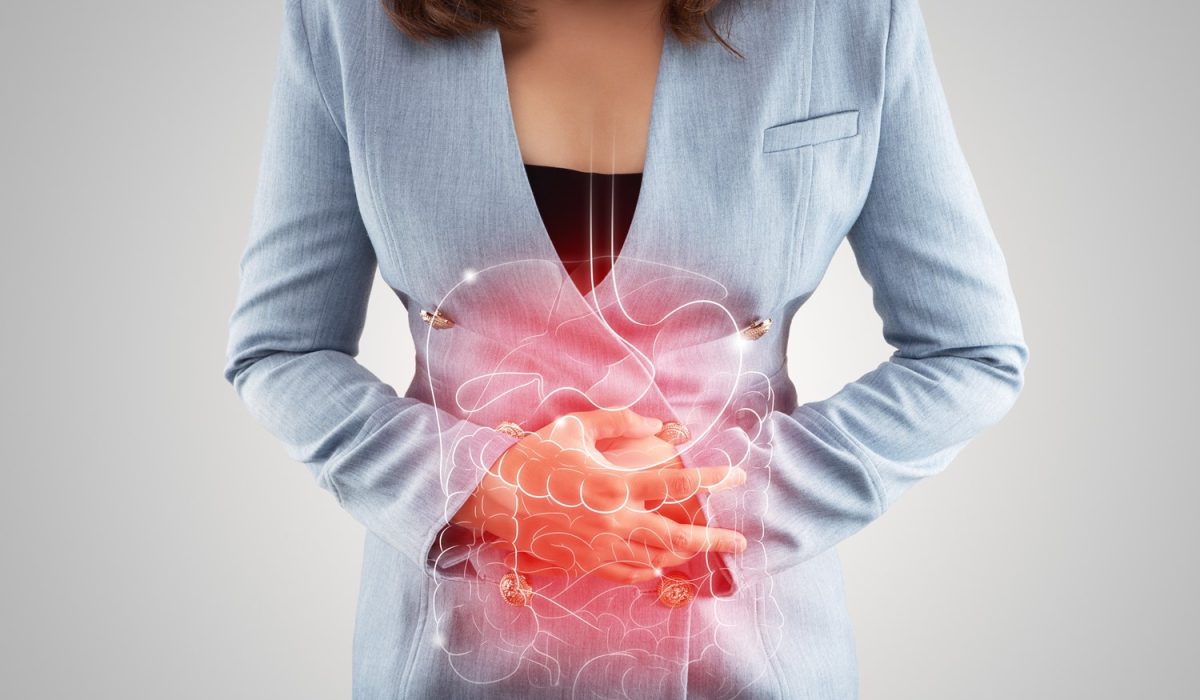The colon is the large intestine which is the final part of the digestive system.
Colectomy is a surgery performed to treat colon diseases. These diseases include colon cancer, colon inflammatory disease (diverticulitis), intestinal obstruction, infection, bleeding, etc. During this surgical procedure, a part or whole of the colon is removed based on your condition.
Types of colectomies:
- Total colectomy: The entire colon is removed
- Partial colectomy: Only a part of the colon is removed
- Hemicolectomy: Either the right or left side of the colon is removed
- Total proctocolectomy: The colon along with rectum are removed
- Abdominal perineal resection: The sigmoid colon (part of the colon that attaches to the rectum), rectum, and anus are removed
- Segmental resection: A small part of the affected colon is removed
- Sigmoidectomy: The lowest part of the colon is removed
How do you prepare for a colectomy?
Before undergoing colectomy, your doctor will:
- Evaluate your fitness for surgery
- Perform physical examination
- Checks the health history
The following tests are recommended:
- Blood tests
- X-ray
- Electrocardiogram (EKG) test
- Urinalysis
- Colonoscopy
- Pre-operative counseling
You will have to:
- Fast before the procedure (no food or drinks)
- Take a laxative or enema to clear out your bowels(intestines)
What happens during colectomy?
In general, you can expect your doctor to:
- Administer the general anesthesia
- Make incisions in your abdomen (belly area)
- Carefully separate and remove the affected colon tissue
- Connect the functional or healthy intestinal ends using staples or sutures
- Close your abdominal incisions
What happens after colectomy?
You must stay at least 3 to 6 days to recover in the hospital post-surgery. This depends on the type of surgery you have undergone.
During the hospital stay, you will be:
- Monitored for any signs of complications after the surgery
- Gradually removed from the pain medications
- Fed with a liquid diet or soft diet (liquid to semi-solid)
- Checked for your bowels to begin functioning again
Recovery at Home: What to do?
- You should avoid lifting heavy weights, do not climb stairs
- Avoid performing strenuous exercises until the doctor’s advice.
- Follow diet restrictions as recommended by your doctor. You may be asked to eat a low-residue (low fiber) diet after surgery
- Drink 8 to 10 glasses of water every day
- Do not strain to have a bowel movement (pooping)
- Resume back to work in 2-3 weeks
Talk to your doctor about showering, putting your surgical incisions under water, diet, sexual activity, and stoma care.

